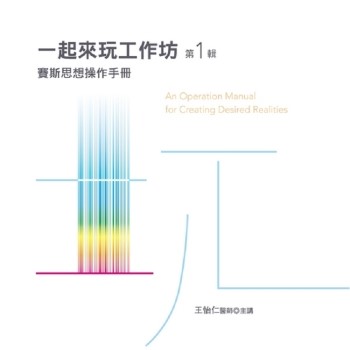Cognitive Science is an avowedly multidisciplinary field, drawing upon many traditional disciplines or research areas--including Linguistics, Neuroscience, Philosophy, Psychology, Anthropology, Artificial Intelligence, and Education--that contribute to our understanding of cognition. Just as learning and memory cannot truly prove effective as disconnected studies, practical applications of cognitive research, such as the improvement of education and human-computer interaction, require dealing with more complex cognitive phenomena by integrating the methods and insights from multiple traditional disciplines. The societal need for such applications has played an important role in the development of cognitive science.
The Oxford Handbook of Cognitive Science emphasizes the research and theory that is most central to modern cognitive science. Sections of the volume address computational theories of human cognitive architecture; cognitive functioning, such as problem solving and decision making as they have been studied with both experimental methods and formal modeling approaches; and cognitive linguistics and the advent of big data. Chapters provide concise introductions to the present achievements of cognitive science, supplemented by references to suggested reading, and additional facets of cognitive science are discussed in the handbook’s introductory chapter, complementing other key publications to access for further study. With contributions from among the best representatives in their fields, this volume will appeal as the critical resource for the students in training who determine the future of cognitive science.
| FindBook |
有 1 項符合
The Oxford Handbook of Cognitive Science的圖書 |
 |
The Oxford Handbook of Cognitive Science 作者:Chipman,Susan E. F.(EDT) 出版社:Oxford Univ Pr 出版日期:2016-12-08 語言:英文 規格:精裝 / 19.1 x 26.7 x 2.5 cm / 普通級 |
| 圖書館借閱 |
| 國家圖書館 | 全國圖書書目資訊網 | 國立公共資訊圖書館 | 電子書服務平台 | MetaCat 跨館整合查詢 |
| 臺北市立圖書館 | 新北市立圖書館 | 基隆市公共圖書館 | 桃園市立圖書館 | 新竹縣公共圖書館 |
| 苗栗縣立圖書館 | 臺中市立圖書館 | 彰化縣公共圖書館 | 南投縣文化局 | 雲林縣公共圖書館 |
| 嘉義縣圖書館 | 臺南市立圖書館 | 高雄市立圖書館 | 屏東縣公共圖書館 | 宜蘭縣公共圖書館 |
| 花蓮縣文化局 | 臺東縣文化處 |
|
|
圖書介紹 - 資料來源:博客來 評分:
圖書名稱:The Oxford Handbook of Cognitive Science
|











